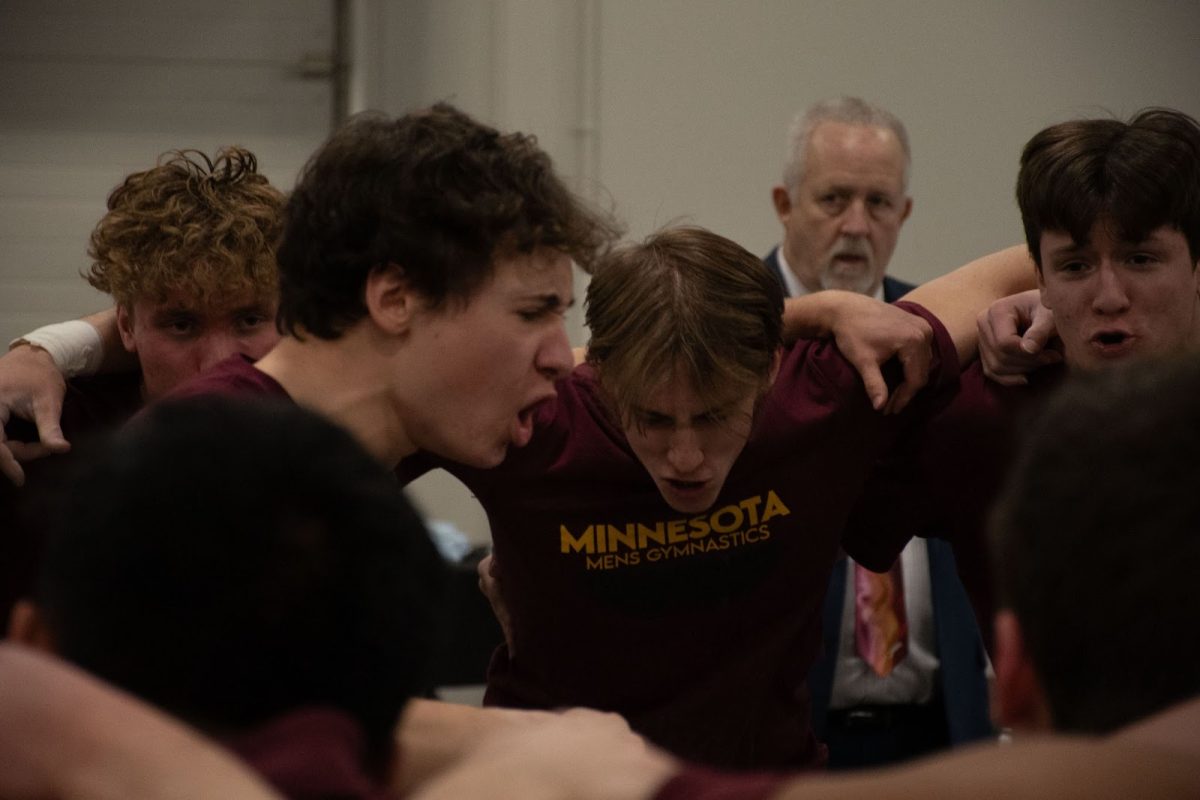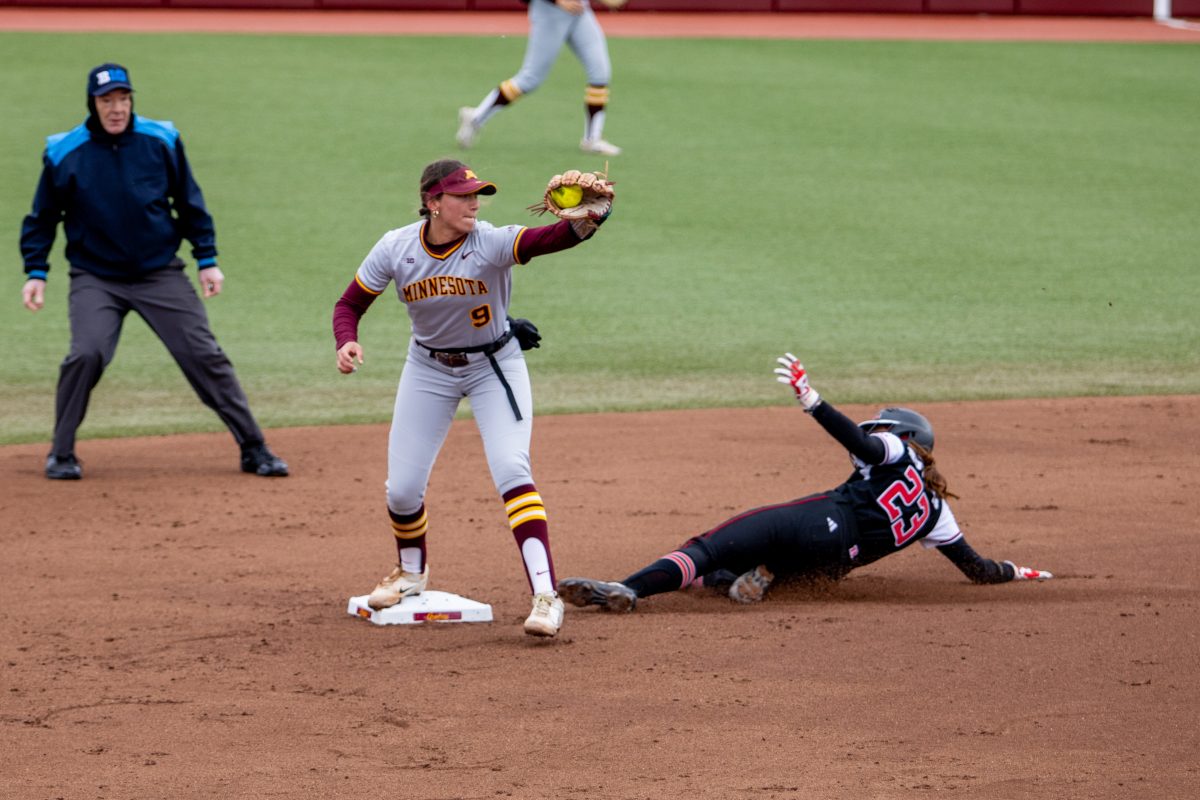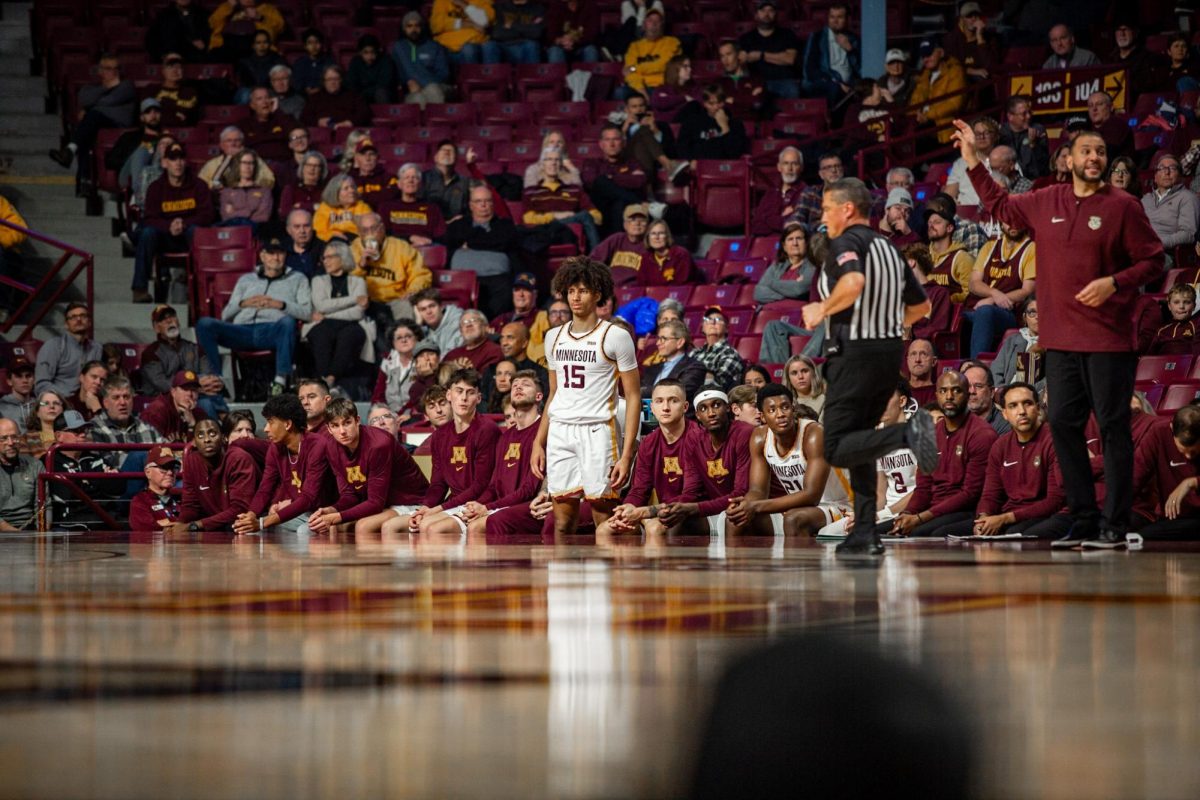By the early 1990s, female participation in sports had taken off in the United States.
The federal law protecting against gender-based discrimination, Title IX, took effect in 1972. But while the legislation created waves of opportunity for women, one facet of sports didn’t keep up: research.
Mary Jo Kane recognized this, and she was determined to fill the gap.
“What I thought was, we needed a center housed inside a research university that takes scientific analysis and studies how sport and physical activity impacts females,” Kane said. “Seriously, there was nothing like this anywhere in the world.”
She worked with the development officer for the College of Education and Human Development, who found a potential donor to get the University of Minnesota’s Tucker Center for Research on Girls and Women in Sport up and running in 1993. Today, many consider it to be the foremost institution of its kind.
Years ago, Kane told the CEHD development officer she needed just $50 for work to begin, but Dorothy McNeill Tucker, a 1945 University graduate, was quickly persuaded and donated $1 million to the project.
“What was needed was a place in higher education that would promote the interdisciplinary study of females’ engagement in sport and physical activity,” former University President Robert Bruininks said in a foreword to a 2007 Tucker Center report.
At the time of its inception, the Tucker Center was the only research center dedicated solely to female athletes. While other similar research groups have sprung up since 1993, none of them have the outreach or resources that the Tucker Center enjoys.
Productive leaders
Kane has served as the Tucker Center’s director for more than 20 years, and she’s also a graduate faculty member in the School of Kinesiology.
“I want us to always be relevant and always be cutting-edge,” she said. “I am first and foremost a scholar and faculty member, and I bring that academic lens to everything we do in the Tucker Center.”
As its director, she has led research at the center on Title IX, media coverage of women’s sports and concussion effects on female athletes.
“I want [the Tucker Center] to be a voice on important issues when people aren’t considering the effects on female athletes,” Kane said, “like on the current reform in intercollegiate athletics.”
Kane stresses the need to use evidence-based research to convey the impact of sports on female athletes.
“It’s not just speculation. It’s not opinion or bias. We just show what the data is telling us, because we conduct some of the best research in the country,” she said.
Under her leadership, the Tucker Center has also developed a network of affiliated scholars nationwide who are also interested in women’s sports.
“These synergistic relationships, I think, allow us to be even more productive,” she said.
While the center has gained national recognition, so has Kane. The Institute for International Sport selected her as one of the 100 most influential sports educators in 2013.
Kane works closely with associate director Nicole LaVoi, who joined the staff 10 years ago.
When Kane first interviewed her, LaVoi tried to explain the importance of branding the center and its research.
At first, Kane didn’t buy it. Now, she’s confident she brought on a talented faculty member.
“People all over the world tell me, ‘Your website and social media strategy are extraordinary,’” Kane said. “That’s all Nicole, not me.”
LaVoi, who has played an instrumental role in developing the center’s reputation, said it was her dream to work at the Tucker Center.
She handles the planning and development of the Tucker Center’s initiatives as well as conducting research.
She holds a handful of advising positions, too. She’s a member of the National Advisory Board for espnW, the branch of the sports media conglomerate ESPN solely dedicated to women’s sports.
She recently wrote discussion guides to all of espnW’s “Nine for IX” documentaries, which highlight nine stories in female athletics.
“I told [espnW], ‘Look, you’ve got a lot of educational content in here. I’d be happy to write discussion guides for you,’” she said. “At first, they weren’t on board. Then they came back six months later and wanted me to write them.”
Pioneering research
Recently, LaVoi has focused her research on head coaches of women’s sports teams at Division I institutions.
A Tucker Center report, published in January, found that fewer women are coaching NCAA Division I women’s sports teams despite the rapid increase in female athletes since Title IX was passed in 1972.
Twin Cities Public Television approached the Tucker Center to develop documentaries highlighting the center’s research.
Though they’ve only made two documentaries thus far, the partnership has been successful.
Their 2013 film, “Media Coverage and Female Athletes: Women Play Sports, Just Not in the Media,” won a 2014 Upper Midwest Emmy Award.
And after more than 20 years, Kane said she couldn’t be prouder of the Tucker Center’s work and reputation in the sports community.
“When national leaders like espnW want to reach out and collaborate with some organization that researches the effects of physical activity for females, the first and only place they think to go is the University of Minnesota Tucker Center,” she said. “That’s what matters.”
















